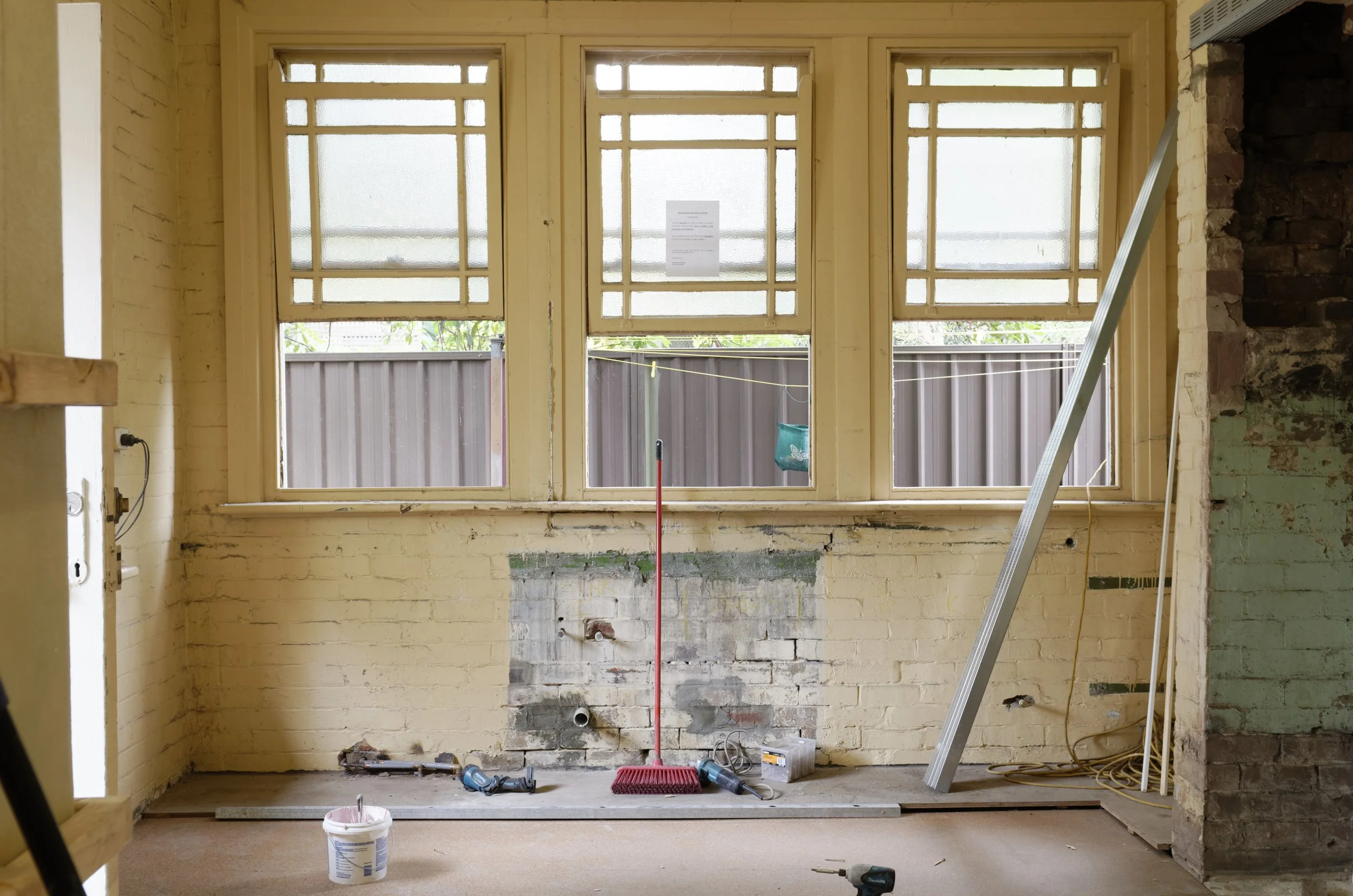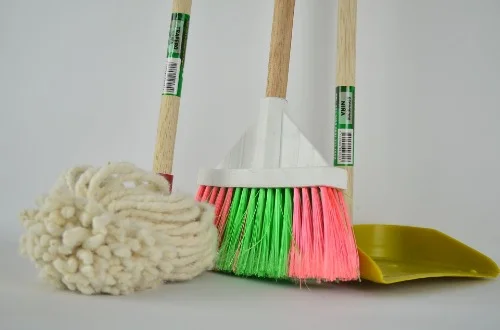Don't let your Mortgage Maturity Date surprise you in Nova Scotia
/Our law firm often gets panicked correspondence from a mortgage broker or a client asking if we can do a refinance in a "rush" when people have left their mortgage renewal or refinancing with a new lender until the very last minute. This is putting unnecessary pressure on everyone involved in the process, not the least of which being the client, and it does not have to be like that.

























